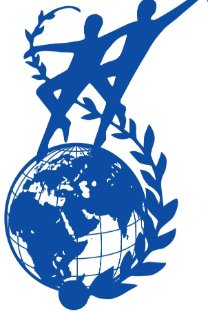HAYAT BOYU EĞİTİMDE ANNENİN ROLÜ
THE MOTHER'S ROLE IN LIFELONG EDUCATION
___
- ARAT, N. (1991). Problems Faced in Working Life by Urban Women and Possible Solutions. Istanbul: Istanbul University Center for the Study of Women's Problems and Application.
- CLOUD, H. and TOWNSEND, J. (2002). The Mom Factor. İstanbul: Sistem Publications.
- DUNCAN, S. and EDWARDS, R. (1999). Lone Mothers, Paid Work and Gendered Moral Rationalities. London: The British Council.
- Factors That Can Influence Women's Employment in Popular Cultural Products (2000). Ankara: Turkish Prime Ministry General Directorate for Women's Status and Problems.
- New Production Processes and Women's Labor (1999). Ankara: Turkish Prime Ministry General Directorate for Women's Status and Problems.
- TOKSÖZ, G. (2007). The Status of Women's Employment in Turkey. Ankara.
- Turkish Statistics Agency. Hürriyet newspaper, 30 Dec 2009.
- Urban Women as a Readily Employable Labor Force and Change (1999). Ankara: Turkish Prime Ministry General Directorate for Women's Status and Problems.
- URL-1: Mayor, F. (1980). World Culture Report. www.unesco.org/education
- Women in Development (1991). ISIS International Women's Information and Communication Service.
- ISSN: 1308-4445
- Yayın Aralığı: 4
- Başlangıç: 2008
- Yayıncı: Motif Halk Oyunları Eğitim ve Öğretim Vakfı
TRABZON YÖRESİ GELENEKSEL ÇOCUK OYUNLARINDAN BAZILARININ HALK BİLİMSEL İNCELEMESİ
TÜRK AĞAÇ KÜLTÜ ETRAFINDA TEŞEKKÜL EDEN DOKUZ OĞUL EFSANESİ VE TOPLUMSAL İŞLEVLERİ
KEMAL SUNAL FİLMLERİNDE MANİ İCRASI
GOETHES “KING OF THULE” AND IT’S TRANSLATIONS INTO ALBANIAN
THE MOTHER'S ROLE IN LIFELONG EDUCATION
İSLAMİ DÖNEM TÜRK DESTANLARINDA “KÖTÜLÜĞÜN” MASAL UNSURLARI İLE TEMSİLİ: BATTALNÂME ÖRNEĞİ
Pamuk Nurdan GÜMÜŞTEPE, Berna AYAZ
